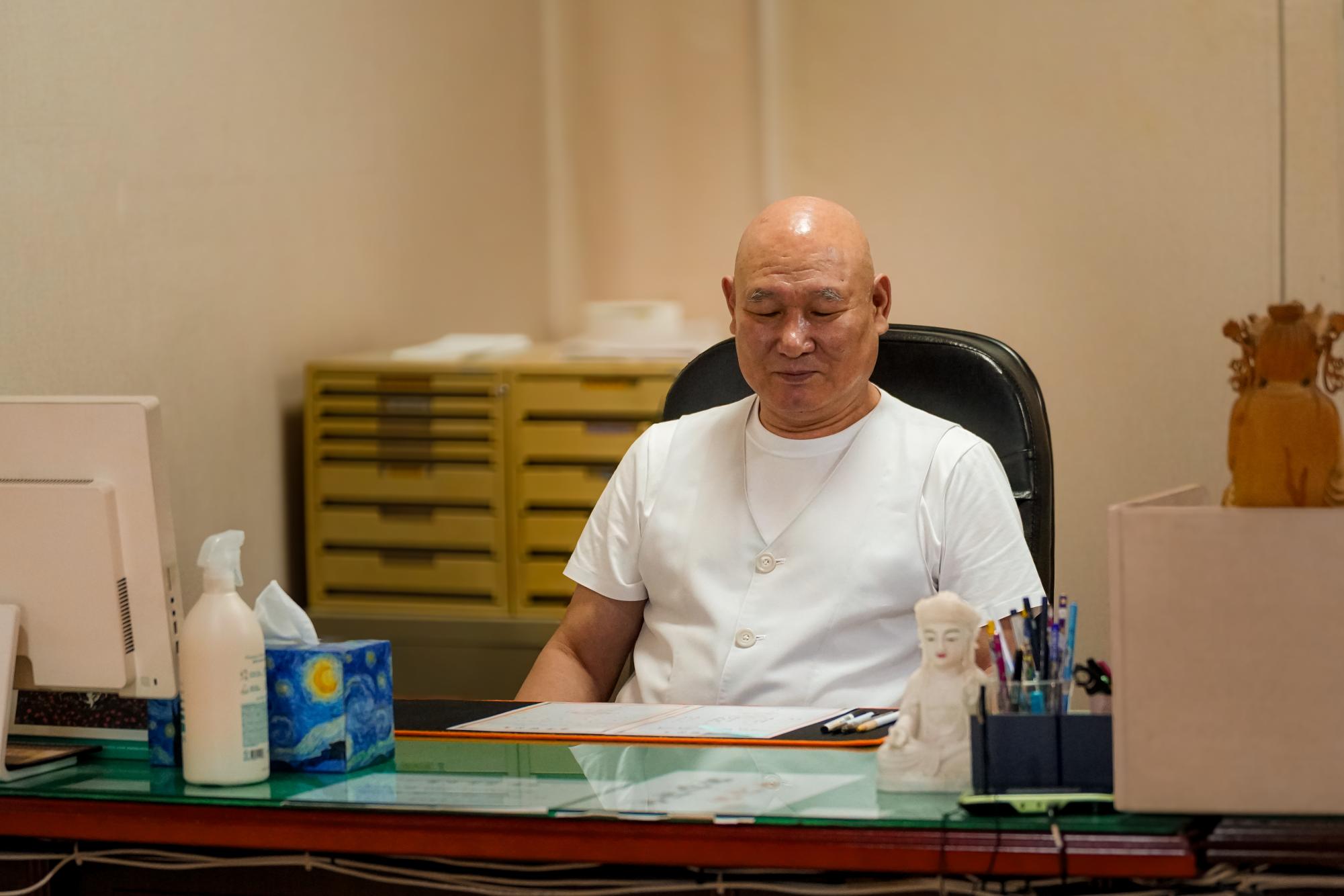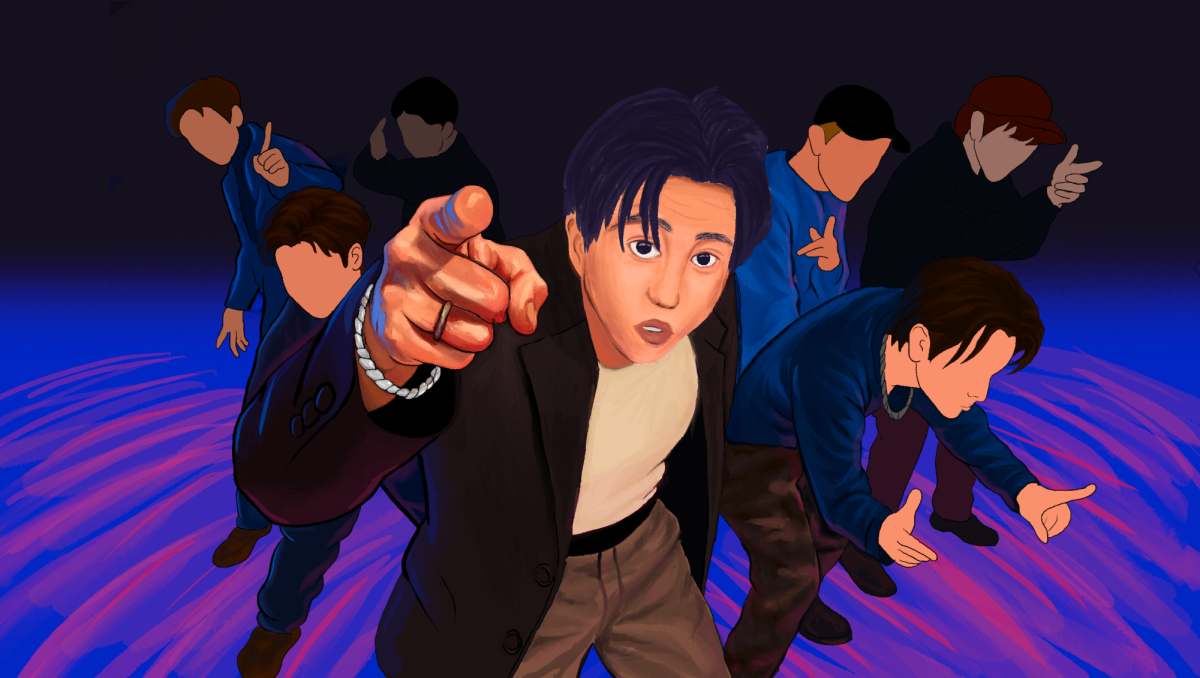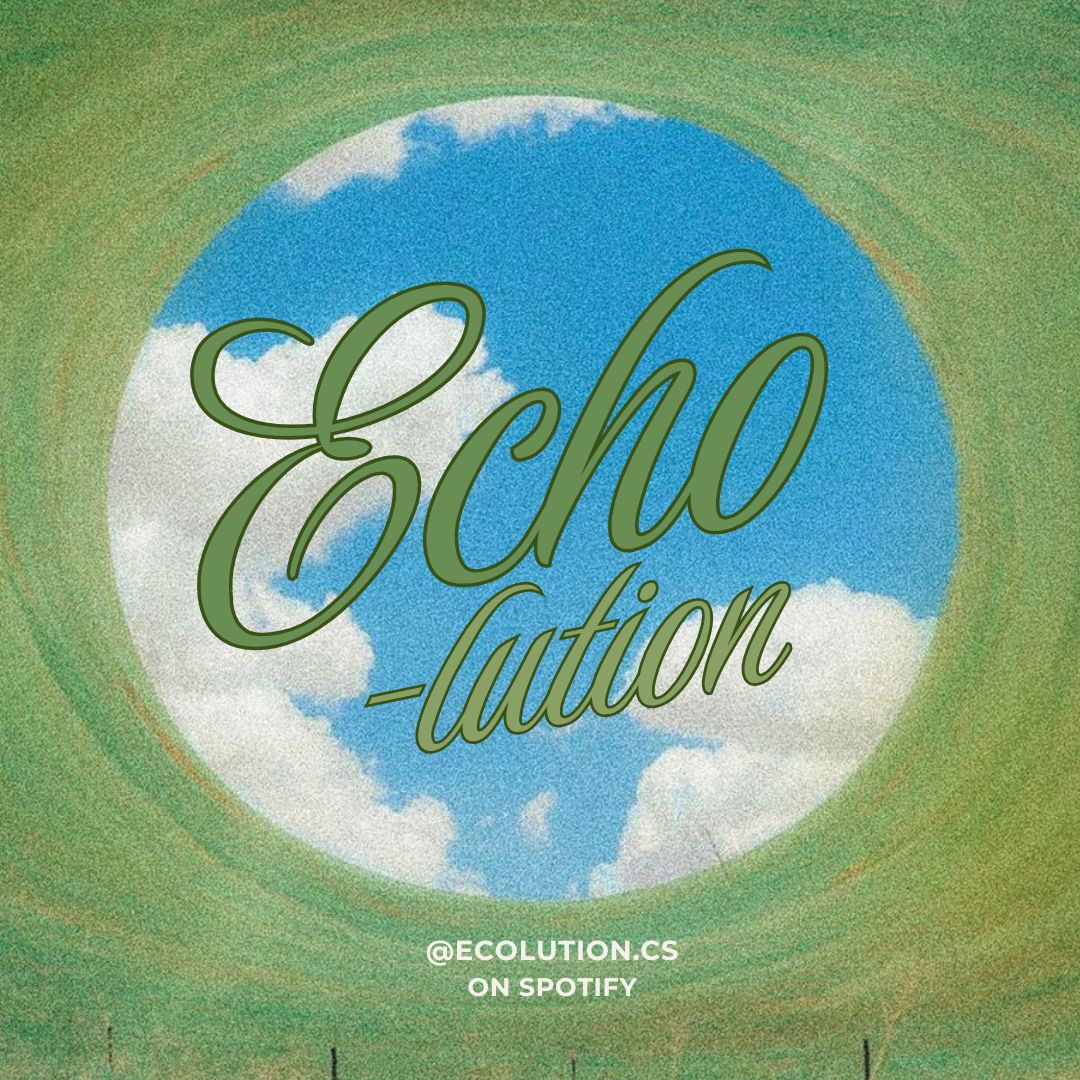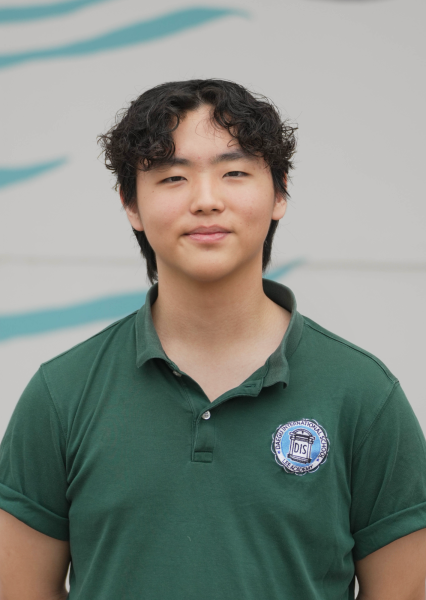The aroma of honey tea fills the study. Monk Il-woo sits cross-legged before a low wooden desk, surrounded by both sutras and psychology textbooks. Candlelight flickers across the room as it illuminates the handwritten notes that line the margins of a thick, well-used notebook. To any visitor, the scene might seem paradoxical – a man of prayer buried in science. But to Il-woo, this is simply another form of meditation.
Decades of instruction and silence have shaped his life, yet curiosity continues to guide him. “I’ve spent years studying the mind through prayer,” he says. “Now I’m studying it through science.”

Il-woo’s story began at sixteen. That year, he first entered the temple not as a visitor, but as a student. Inside the halls, he learned that discipline meant more than endurance but about understanding. “There, I was taught the teachings of the Buddha,” he recalls, “and I prayed under another monk.”
While his peers pursued careers and families, Il-woo followed a quieter road – one of restraint. The clarity he discovered along the way later became the foundation of a new journey. He said, “I would have regretted living any other way. In every lifetime before or after this one, I would still choose the monk’s path.”

Unfortunately, the COVID-19 pandemic caused a silence to fall over the temples. Services suspended, visits halted, and isolation deepened. It was during this stillness that Il-woo reached for the unexpected: a psych textbook. What began as curiosity soon became a vocation.
On his desk now sits a notebook, a tablet, and a worn-out psychology text beside the same scriptures he has studied for years. “It’s not two mountains,” he said, as he traced his hand along the rim of his teacup. “It’s one large mountain – seen from different sides.”

He doesn’t see his study of psychology as an abandonment of his vows, but rather as continuing them through another lens. To him, the brain and the mind do not represent separate territories but shared ground. “Psychology observes the mind,” he said. “Buddhism experiences it. Together, they make a whole.”
For Il-woo, this new blend of worlds isn’t a contradiction but a continuation. “People today need bridges,” he said. “Sometimes sutras feel too far from people, and science feels too cold. Between them, there is warmth – a place where understanding begins.”
He balances the two in a meticulous daily routine – each morning begins with chants that echo through the temple halls; each afternoon, he opens his laptop to read research papers on cognitive behavior and mindfulness. At night, the sound of turning pages replaces the sound of bells.
His daily reflections shine through in his guidance. When speaking with visitors, he often quotes both Buddhist scriptures and modern psychology studies. To one person, he might explain compassion through the Four Noble Truths; to another, he might describe it as empathy grounded in neural pathways. His goal remains the same: to make wisdom accessible.

Il-woo explores the intersection of theology and psychology through his writing. His collection of essays on mindfulness and human behavior rests beside small potted plants in his study. “Writing came naturally to me,” he said, “but the knowledge we gain today may not be justified tomorrow. Only enlightenment remains.”
He often describes his ideas through metaphors. “Writing tries to capture the butterfly,” he said, “but perhaps it’s better to let it fly.” His laughter fills the small study, soft but unmistakably alive — the sound of someone at peace with uncertainty.
Despite his reputation as a monk-scholar, Il-woo remains humble. Even as he bridges faith and science, Il-woo refuses to claim authority over others’ journeys. “Each monk must listen to his own mind,” he said. “If he finds peace through scripture, good. Through study, it is also good.”
His humility and openness define his philosophy. He remarked how everyone has their own temperament, so not all monks should follow his path. He said, “It would not be fair to assume that my path should be theirs.”
Those who meet him often feel struck by his humor and calm. During conversations, he pours tea for his guests, slides a bowl of nuts across the table, and steers the discussion toward stories rather than lectures. His gentle yet firm manner reminds others that truth can be both serious and light.
As he carries his philosophy forward, he hopes his work will inspire others to see dialogue where their division once stood firm. “The world needs connection,” he says. “The scientist and the monk are not enemies. They are travelers on the same path.”



















































